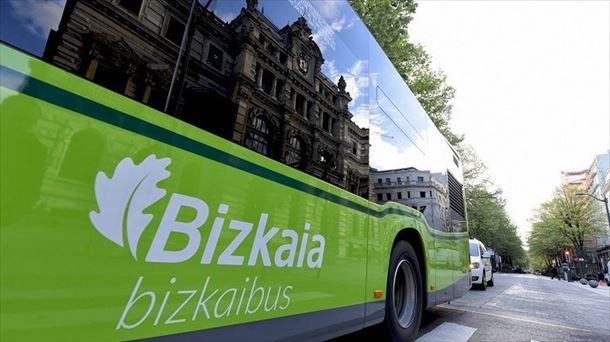According to British estimates, the Russian forces have again modified their offensive war against Ukraine. “Your campaign is now probably aimed primarily at exhausting the Ukrainian army rather than focusing on capturing significant amounts of territory,” the defense ministry said in London on the anniversary of the start of the war on Friday.
“Russian leadership is likely to take a long-term approach, assuming that Russia’s population and resources will eventually deplete Ukraine,” it said, citing intelligence findings.
First subversive, then offensive
Russia’s strategy to control its neighbor has remained largely constant since 2014. Until 2021, this goal was pursued “subversively”, with Moscow annexing the Ukrainian peninsula of Crimea and fueling the undeclared war in eastern Ukraine’s Donbass. “On February 24, 2022, Russia switched to a new approach and launched a full-scale invasion in an attempt to take over the entire country and overthrow the government.”
In April 2022, Russia realized this had failed and focused on expanding and formalizing its rule over Donbass and southern Ukraine. “It has made slow and extremely costly progress,” said the British Ministry of Defence, which publishes information on the progress of the war on a daily basis. With this, the British government wants to both counter Russian propaganda and keep allies in line. Moscow accuses London of a disinformation campaign.
Medvedev continues to threaten submission
Former Russian President Dmitry Medvedev verbally sticks to the original plan: Friday he threatened complete subjugation of the neighboring country. Once again, the notorious war propagandist repeated Moscow’s baseless accusation that Ukraine was ruled by neo-Nazis and was therefore dangerous for Russia. “That is why it is so important that the military special operation achieves its goal. To push the border of the danger to our country as much as possible, even if it is the border of Poland,” Medvedev wrote on the Telegram social network. “To completely destroy neo-Nazism.”
Otherwise, the danger remains that even after negotiations “new bloodthirsty guys calling themselves the legal Ukrainian state power will provoke a global conflict,” the current deputy secretary of the Russian Security Council wrote. During his time as prime minister and president, Medvedev was considered quite liberal. In the ongoing war, he acts as an absolute hardliner and, according to observers, tries to substantiate his position in the Russian power apparatus with exaggeratedly harsh statements.
Russia ‘turned into a war economy’
The longer the war lasted, the more Russia had become de facto “a war economy,” according to the German Economic Institute (IW). The current planning of the Russian state budget clearly shows a move towards “a war economy led by defense and social policies – a so-called ‘guns-and-butter’ strategy”. To finance this, Russia takes on more debt. “To further weaken Putin’s war machine, economic pressures must be maintained through sanctions and expanded internationally,” the IW said.
Britain already issued new sanctions against Moscow on Friday, further punitive measures from the EU and the US will follow. The British Foreign Office said it was an internationally coordinated package. The export restrictions thus include aircraft parts, radio equipment and electronic components that could be used by the Russian defense industry to make drones, for example.
Source: Krone
I am Wallace Jones, an experienced journalist. I specialize in writing for the world section of Today Times Live. With over a decade of experience, I have developed an eye for detail when it comes to reporting on local and global stories. My passion lies in uncovering the truth through my investigative skills and creating thought-provoking content that resonates with readers worldwide.



